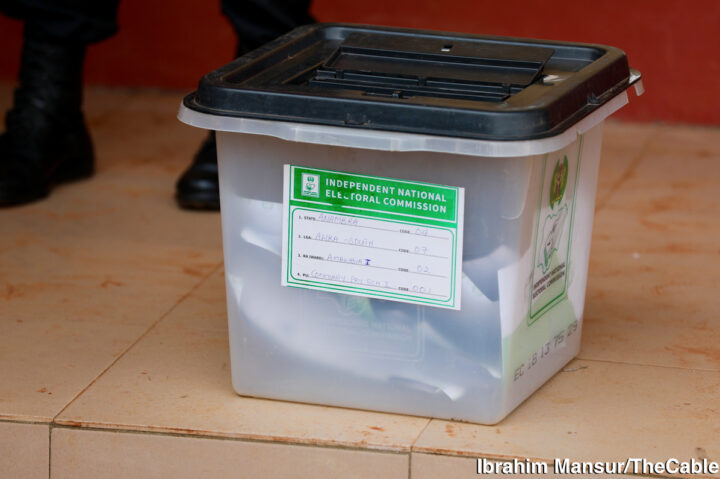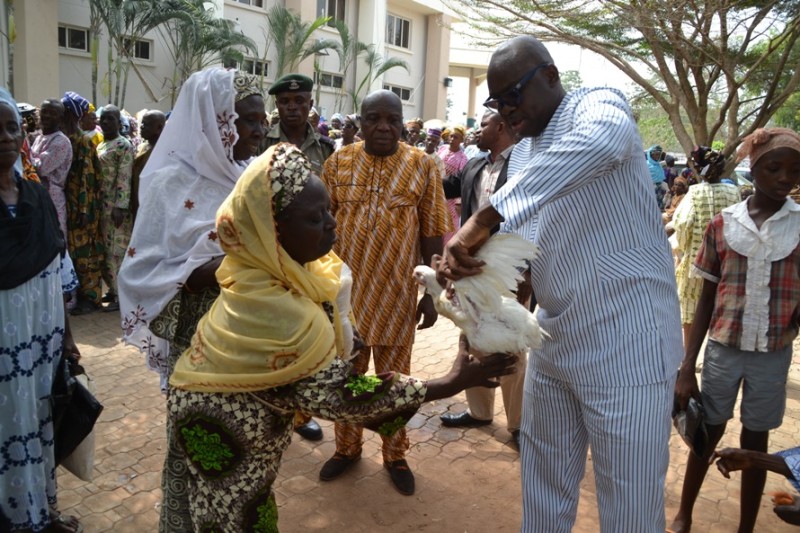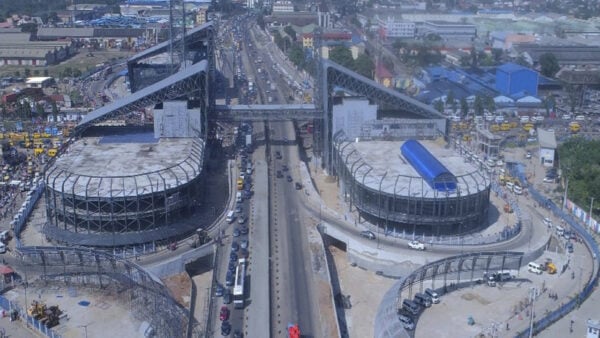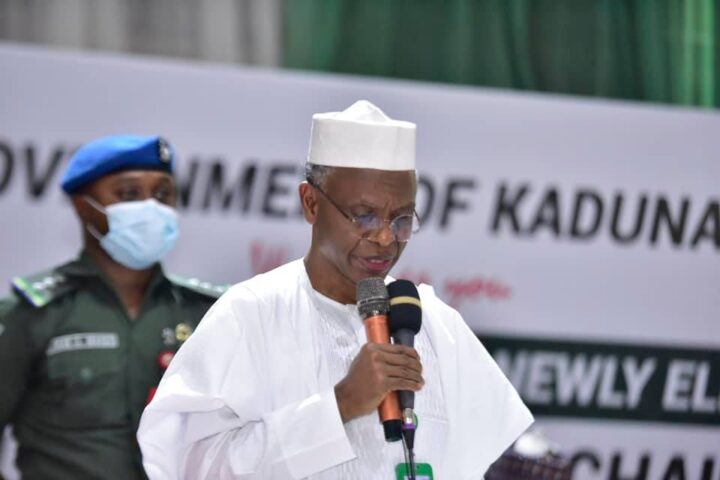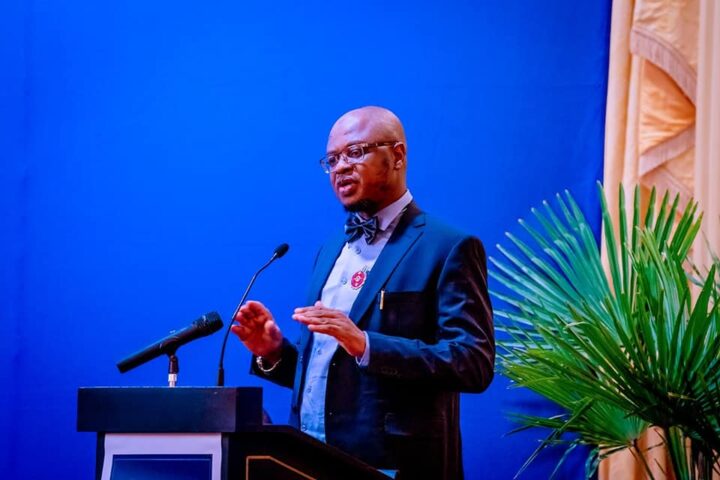BY OMOLE IBUKUN
Recently during the soot crisis in Port Harcourt, Rivers state, many Nigerians came online with pictures to complain about how soot had destroyed the air in Port Harcourt and how citizens, including children, were starting to suffer respiratory infections and nasal blockages. Soot is a mass of impure carbon particles resulting from the incomplete combustion of hydrocarbons, and soot pollution is linked to coronary heart diseases, asthma, lung cancer and acute vascular dysfunction. In a country where only a meagre 4.93% of the 2022 budget is meant for public expenditure in the health sector, this soot crisis could only mean death — an increased mortality rate.
Meanwhile, the soot pollution in Port Harcourt is not a recent development. Citizens of Rivers state have been crying out against soot pollution as far back as 2017. The soot had become a cloud of death literally hanging over the city for a while. Rather than address the problem once and for all, the government had always played the blame game whenever the issue is being spoken about. This shameless blame game is always directed at other arms of the government or other actors within the state.
In his New Year state broadcast, Governor Wike of Rivers state blamed the activities of illegal artisanal refiners and the federal government for causing the soot pollution and for not addressing it respectively. Over time, the federal government and the national assembly have also agreed to put the blame on artisanal crude oil refiners, while some representatives canvassed for the privatisation of public modular refineries to individuals to curb oil bunkering. Some representatives and experts blamed the government who destroy the recovered and confiscated crude oil trucks and vessels, and the back and forth has gone on and on.
Advertisement
With the focus on illegal refineries and oil bunkering, the civil defence corps have arrested oil thieves and oil bunkers, a local government chairman from Emohua local government of Rivers state led security forces to destroy three illegal refining sites and the governor himself, at a point, went with security forces to the sites of artisanal refining. Governor Wike, at a point, demanded the transfer of security officers who were providing cover for illegal refiners.
Meanwhile, little attention has been paid to gas flaring by oil companies in the Niger Delta, while all the political gymnastics was focused on artisanal refiners. Between 2016 and 2020, Nigeria flared 1252.26 trillion cubic feet of natural gas into the atmosphere, according to the Nigerian National Petroleum Corporation’s reports. In 2020 alone, National Oil Spill Detection and Response Agency (NOSDRA) estimated that flared gas costs the country $708 million in unpaid fines and 35.3 gigawatt-hours of potential power generation.
No arrests or sanctions have been made in this case despite the fact that as far back as 2005, courts in Nigeria have ruled that oil companies stop flaring gas in the Niger Delta. None of the companies was suspended. Instead, the Petroleum Industry Bill has been lobbied into law and takes effect from this month. For the people of the Niger Delta region, the deregulation that comes with Petroleum Industry Bill has only given more power to the oil companies to keep looting the natural resources of the region, without any responsibility to the people of the region. This shows the limitation of the law and order of approach to the Niger Delta environmental crises and calls for an alternative. The law is magnanimous when oil companies are involved but magnificent when it’s time to punish artisanal refiners.
Advertisement
A better approach would have been to give the people direct democratic control and planning over the natural resources of the region and the petroleum sector. This will not only address the problem of artisanal refiners using environmentally destructive methods to refine, but it will also solve the problems of perennial fuel scarcity and fuel price increments in the country. It will also make the process of transitioning to more environmentally-friendly fuel refining processes, that are free from glass flaring, easier without the profit interests of profiteers opposing the welfare interests of the people. This will ultimately speed up the transition of the country away from fossil fuel-based energy.
The recent attempt of the Buhari-APC government to remove fuel subsidy using the Petroleum Industry Act without making any provision for publicly-managed local refining to cut off the need for subsidy has shown that no politician or government can manage the sector effectively. It was under Buhari’s watch, who made himself his own administration’s minister for petroleum, that dirty fuel was imported into the country. For a government that was already trying to blame NNPC for the figures of fuel consumption in the country during the fuel subsidy removal tensions and for letting their attempts to remove the subsidy fail, the importation of contaminated fuel provides the cover to throw the blame of fuel scarcity further away from the government.
The NNPC has identified Oando, MRS, Emadeb and Duke Oil as the oil trading firms that had methanol in the fuel in their cargoes. MRS, alongside Emadeb, has denied distributing such substandard fuel and the company pointed back at NNPC as the importer of the dirty fuel through their trading arm, Duke Oil. While the national assembly is probing NNPC, the navy and the Standards Organisation of Nigeria (SON), the Petroleum Minister Buhari is insisting that importers must be punished. The blames are being thrown around and the buck is being passed, not just for fuel scarcity, but for a product that could destroy people’s car. Specifically, the increased methanol in the bad fuel could destroy gaskets, rubber hoses of vehicles and could lead to explosions in some cases.
The sector is in so many crises and the leaders who are supposed to be responsible are busy throwing blames around because they can’t do anything. They throw the blames around shamelessly as if they were not elected to solve all of these problems. Already, truck owners are threatening to stop moving fuel across the country if the federal government does not review freight rates upwards. Already the NNPC is projecting about N201 billion to clean the 170.25 million litres of the dirty fuel – an amount that could pay up to a quarter of ASUU’s demand for N880billion from the government and possibly avert a national strike in the tertiary education sector.
Advertisement
With these crises, Nigerians have suddenly become our own emergency environmental engineers to reason with the government on the soot pollution crisis. We have become emergency petrochemical engineers to reason with the government on the bad fuel importation. We have all become emergency economists to reason with the government on fuel subsidy removal. If the incompetence of this administration has made us all acquire these skills, what then is the essence of representative democracy? Why then do we need the government if all we get from them is explanations and lectures about how things cannot work in the favour of the masses, while they enjoy jumbo salaries and allowances from our collective resources? Why not just nationalise the whole petroleum sector from mining to refining under the democratic control and planning of elected representatives of petroleum sector workers, the masses consuming the petroleum products and the communities where production and distribution of oil have environmental and social effects?
This is the direction we must approach if we wish to solve the crises in the sector. To achieve this, Nigerians struggling against the increase in the price of petroleum products and electricity tariff must unite with the communities suffering the environmental pollution involved in mining and refining and the communities suffering from fatalities like truck accidents and explosions caused by the distribution of fuel products. This unity must extend to workers in the sector who are underpaid and over-worked under working conditions dangerous to their health by oil multinationals and Petroleum companies. The solution to the problem is with the citizens mobilising in the direction of policies that work for the majority. This government has failed once again.
Omole Ibukun writes from Abuja, Nigeria and can be contacted on 09060277591.
Advertisement
Views expressed by contributors are strictly personal and not of TheCable.
Add a comment

